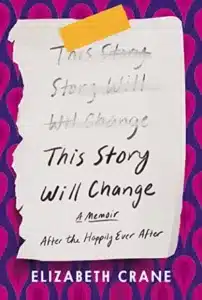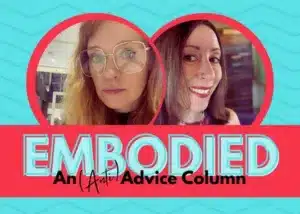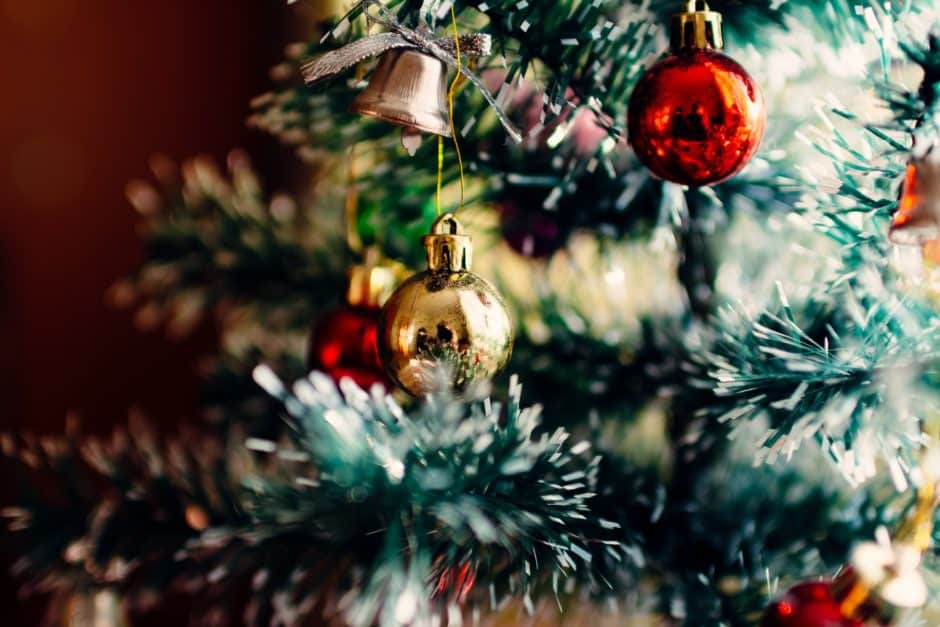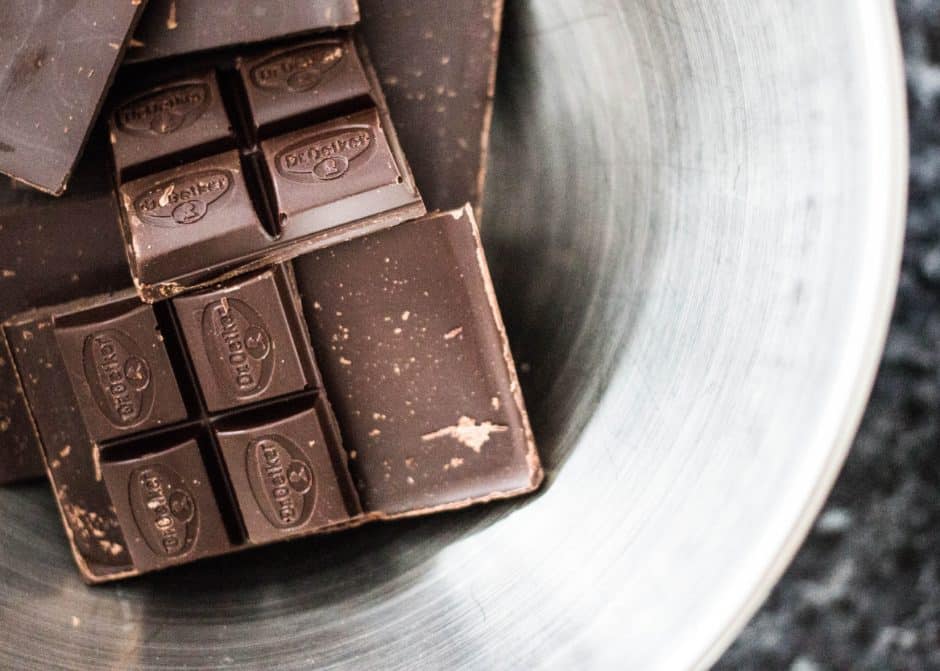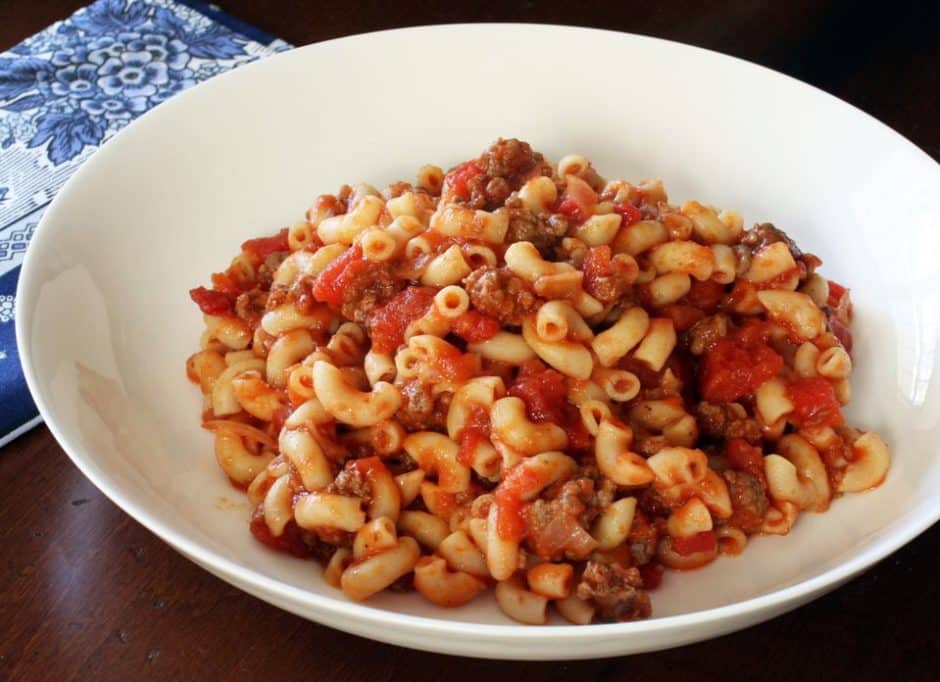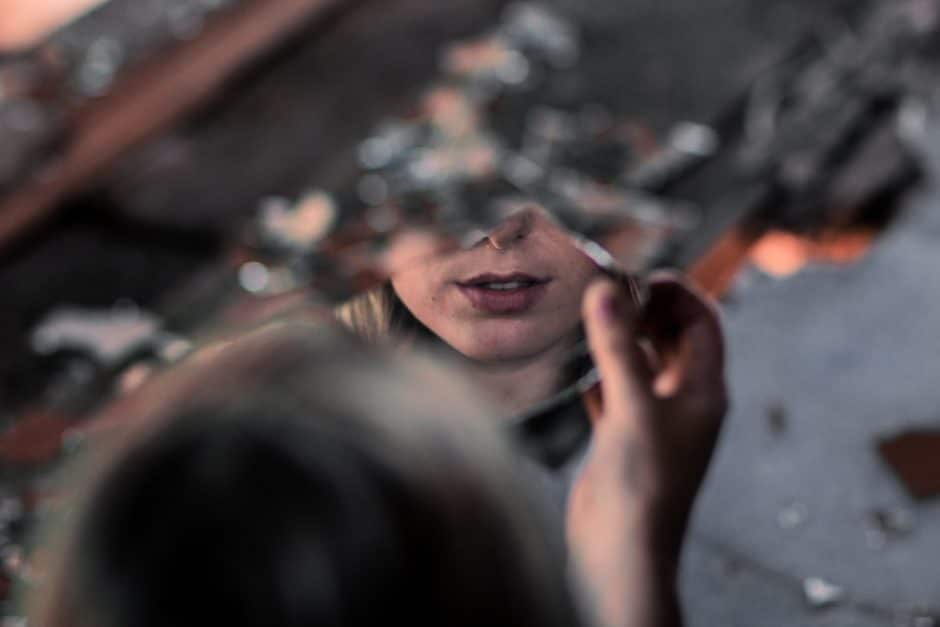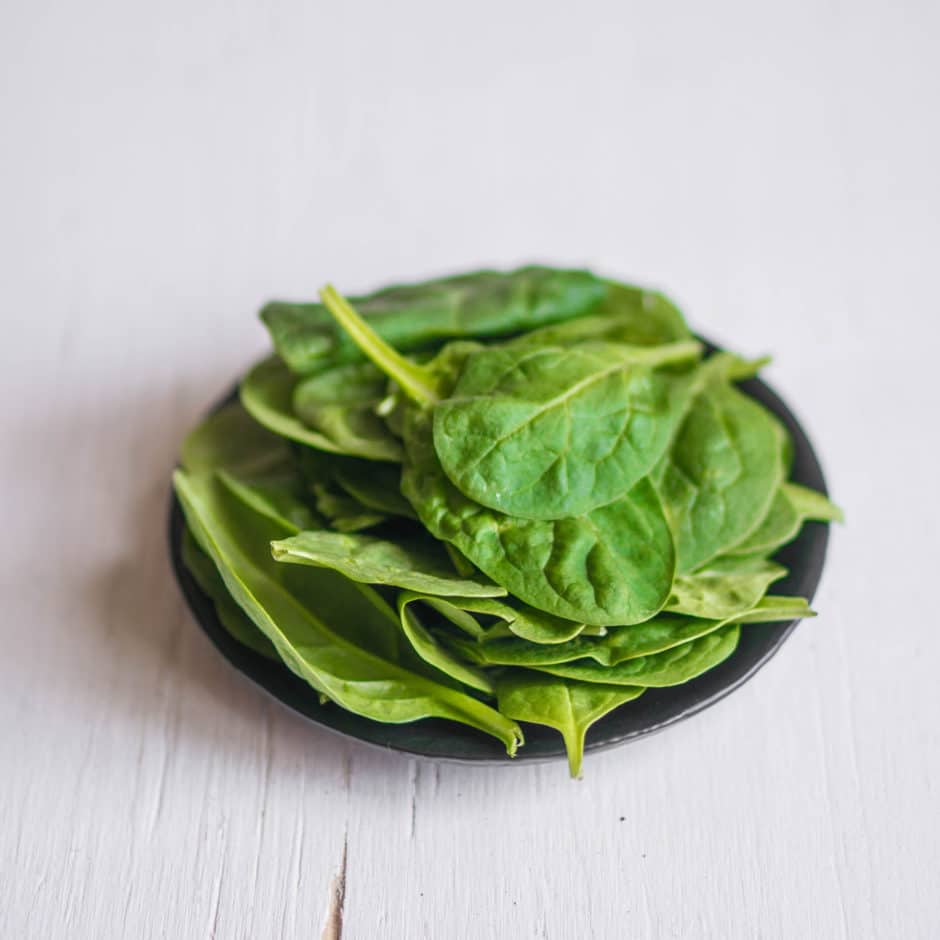Stanley Tucci whetted my appetite for sampling a country’s cuisine through travel. I knew my way around schnitzel, wurst, and spaetzle after spending my junior year abroad in Germany. I knew my way around pork on top of pork with pork in Czechia when I had a fiction fellowship in Prague. I knew my way around pork fat on bread, hunter’s stew, mushroom soup, and kielbasa in Poland. I wanted a new challenge, but where? When an opportunity came to present an academic paper in Antwerp this past summer, I saw my chance. My goal was to sample as many national dishes as I could in Brussels, Bruges, Ghent, and Antwerp. Unlike Tucci, there would be no cameras rolling, no luxury transportation, no peeking into the kitchens and cooking alongside the chefs. I would be a pure consumer of a Belgian tasting menu, focusing on my physical and emotional reactions and rate the food as if I were a food critic. But, of course, I sampled much more.
The Appetizers
First Appetizer: Beef Carbonnade
My entry to the Belgian food scene came during a day trip to Bruges and Ghent on my first full day in the country. I arrived in Bruges on a luxury motor coach with fifty others I didn’t know. Our tour guide, Eros, a Spaniard, commanded enough English to make jokes, good ones. But it wasn’t long before the uneven cobblestone and the heat got to me. On one narrow street, I sat down at a sidewalk café. The tour guide asked me if I was okay. No, I was not. An American doctor in the group presented me with a cold bottle of water. An American nurse in the group loaned me her personal fan and sat with me while the group moved on. I don’t think I ever experienced such kindness from strangers. Eventually left on my own, I stumbled into a ten-table café simply called Café-Café run by Spaniards. I know this because the place was littered with flags of Spain and photos of the Spanish soccer team. I ordered beef carbonnade, not a typical appetizer of course, but it was my entry point. I detected the piquant taste of beer in the sauce. I suppose I should have ordered a beer, but I needed the comfort of a Coca Cola Lite. The stew came with Belgian fries and mayonnaise. An American couple from one of the Carolinas. They recognized me from the day tour as the woman who had a meltdown. We chatted a bit. Thumbs up on my first Belgian culinary experience. I noticed, though, that when by myself, I became more observant of my surroundings. Would I have noticed the woman working on her laptop near the front window? Or the woman on the banquette next to me nursing a beer?
Second Appetizer: Vol-au-Vent
The tour proceeded to Ghent, and Eros led us past St. Joseph Church to the marketplace. Concerned for my safety and health, he said, “I’m taking the group to the marketplace and then around the city. You can stay at the marketplace.” It was good advice, and I found another restaurant in the marketplace, Jaggers, where I sat at an outdoor table under an awning. I ordered vol-au-vent, a creamy chicken stew with puffed pastry and Belgian fries. I didn’t need to eat again so soon after lunch, but here was an opportunity to try yet another Belgian dish in a major Belgian city. While I waited, I set to people-watch. I spotted the American nurse from our tour sitting on a bench. I invited her to join me. She was gracious enough to do that. She, too, had physical limitations. Mine is obesity. Hers was recovering from breast cancer surgery. She ordered a salad and a blonde beer. She texted her sister and niece to join us and so we had a merry party. I ordered a blonde beer, too. Our server, my first Flemish Belgian, loaned us his squirt bottle/fan, the kind people use on long lines at Disney World in Orlando. His English was superb. He was the kind of person you’d invite to a party to liven it up. I’m sure he didn’t treat us any differently than other tourists, but he made the experience special. I couldn’t say what others were doing around me, because I focused on Randa, her family, and our server.
Palate Cleanser
First Palate Cleanser: Croque Maison
A writer in my writing family history workshop, Helen, introduced me via email to Edith, a French woman she knew from her junior year abroad in Montpelier in the late 1970s. Edith and I arranged to meet at Mokafe in the Galeries Royales Saint-Hubert, across rue d’Arenberg from my hotel. Although my hotel physically connected to The Foodmaker, I craved real food and not grab and go. Here at the Mokafe was a full menu. I arrived thirty minutes early and ordered the croque maison, a grilled cheese with egg and tomato. It was scrumptious. I studied the vaulted ceilings of the gallery, the sculpted figureheads. I could envision nineteenth-century residents ambling through these balustraded, columned arcades, their heels clicking on the marble, skirts swishing from shop to shop. An American family sat down at a table next to me and ordered waffles. Tour groups promenaded through the archways in a variety of languages.
Edith was a larger-than-life personality wearing a turban and caftan. She immediately assumed a relationship with me, told me the bags under my eyes could be a thyroid problem and that I must have eczema because I was scratching my wrist. Usually people who are that direct I find abrasive and obnoxious. But I couldn’t help but find affinity with her through our shared interests and concerns. Though she’s lived in Belgium a long time, she was not a Belgian national.
Edith and I talked about writing, our various maladies that for both of us included cancer, and love gone bad. She brought me a gift of Neuhaus Belgian chocolates and an artisanal mustard with speculoos, a spiced shortbread. I’d heard of it before as a fan of the Food Network. We sat and chatted long enough to have to find a restroom inside the cafe and to order lunch. I ordered the carbonnade and determined the version I had in Bruges was far superior. Edith insisted on ordering me a beer and she introduced me to fruit beer, much lower in alcohol content. She wanted to get me Pêcheresse Lindemans, a peach beer, but they were out of that. Instead, she ordered me a berry version. It was delightfully refreshing as a sparkling kind of fruit juice. We ventured afterward into Grand Place. We hadn’t gone far before my lower back and the oppressive heat demanded I sit down somewhere. We sat at a café and marveled at the large administrative buildings that bounded the square, a throwback to another bygone era. We ordered Coke Zero. She departed via taxi for her residential district, and I went into Neuhaus on the square and bought some chocolate truffles and an assortment box as future gifts.
Apparently, there are great differences between the various manufacturers of Belgian chocolate. I was instructed to look for how long they’d been in business. Neuhaus was established in 1857 by a Swiss man with Italian roots (the original family name was Casanova).
It was such a delight to be with Edith, because she knew Brussels, she spoke French, we’re about the same age, and we spend a lot of time processing the past. By not speaking the language, I wondered what I could be missing from the experience. Without someone like Edith to guide me, what foods was I not trying?
Second Palate Cleanser: Savory Belgian Waffles
I couldn’t get Belgian waffles off my mind. Near Mokafe I had spotted a sandwich board proclaiming both sweet and savory Belgian waffles. On the way back through the Galeries after saying goodbye to Edith, I stopped at this small shop. I ordered tuna tartare, two of them. They didn’t have enough tuna, so the second one would be salmon. Substitution accepted. Except the waffle was large, 1.5 inches thick and 7 inches tall, and I couldn’t even finish the first waffle. I thought I could take the second one back to my hotel, but the proprietor said I had to eat them fresh. He issued me a refund for the second one. Onto the top of the waffle, into each of twenty-four deep pockets, chunks of tuna piled high, topped with chopped onion, microgreens, and a spicy mayo. I had to eat it with a knife and fork. The crust was flaky and crunchy, the inside softer, made possible by egg whites and yeast. A more-than-satisfying bite.
The Entrees
First Entrée: Moules Frites
Moules frites is a Belgian national dish. I’ve always liked mussels, but at Legal Seafood in New Jersey, the mussels had gritty beards and so many did not open during steaming. In Brussels, at La Marmiton, a restaurant at rue de Bouchers within the Galeries Royales Saint Hubert, recommended to me by the staff in my hotel, a double decker pot came my way. The server lifted the top pot to reveal a heavenly aroma and gleaming obsidian shells with soft meat inside them. The top pot was to be used for the empty shells. The mussels swam in a peppery, white-wine broth with chunks of carrot, celery, leeks, and onion. Naturally, a net-like metal container of Belgian fries accompanied the mussels and came with mayonnaise. I ordered Pêcheresse Lindemans, the peach beer that Edith had first recommended. I could not stop scooping up the broth with my spoon, not even considering that was what the bread was for.
I watched other tourists, in particular, one group of Japanese men, order and enjoy the moules frites. It was the right thing to order in this place at this time. Moules frites and beer just went together like peanut butter and jelly. A Spanish couple and their daughter sat at a table across from me. They did not order the mussels, but I watched the wife order bread basket after bread basket and wondered why I hadn’t thought to dunk bread into the moules broth.
Perhaps I wanted to drown my aloneness in the food, in the white wine sauce, in the cream, in the act of pulling mussel meat out of the shells and letting the empty shells clink against each other in the blue pot. With every sip of beer, which I never ordinarily drink, I let go of the person I was to maybe become the person I wanted to be: a younger, svelte cosmopolitan.
Second Entrée: Waterzooi
Liz, an eighth-grade educator from Westchester, New York, was presenting at the same Antwerp conference as I. We’re colleagues from Gratz College where I received my Ph.D. in Holocaust & Genocide Studies and she’s nearing completion of her dissertation. It was so good to meet up with someone I already knew. A wave of relief washed over me when she came through the revolving doors of the Hilton Antwerp. We ambled to ‘t Pukte, which I had scouted out in the Grote Markt in Maalderijstraat during the afternoon, because we both wanted genuine Belgian food. I had to try the waterzooi, a chicken stew in a cream sauce. To me, it wasn’t as comforting as an American chicken pot pie. Maybe you need puff pastry for comfort like Liz’s vol-au-vent. I could see waterzooi as a dish served on a cold winter evening to warm up the bones from a day out in the city or village. Leeks, potatoes, carrots, cream, chicken stock, chicken breast, and butter. I didn’t notice what other people were ordering or eating. I only noticed the temperature dropped and it became quite breezy, even chilly.
Third Entrée: Moules Frites Redux
I yearned for moules frites again and decided to revisit ‘t Pukte by myself on my second night in Antwerp. This restaurant offered fourteen different entrée versions of mussels. I ordered the “Antwerp” version, apparently made with local Antwerp beer, not white wine. The broth did not have the depth of flavor or the seasoning as at La Marmiton. A pot of mussels was brought to a table of two German men. The pot I should have ordered. I asked the server what version of mussels that was. Her response: the chef’s special mussels made with white wine, garlic, spicy herbs, tomatoes, and I imagine too the butter, leeks, potatoes, carrots, celery, and onions. Maybe I was too tired after a long day at an academic conference at the university. Maybe I was still disappointed that a Flemish children’s writer I had met a decade ago at an event at New York City’s Flanders House had cancelled dinner with me. I almost spoke to the Germans in German, but I didn’t.
Fourth Entrée: Another Beef Carbonnade
On my last night in Antwerp, I tried the carbonnade again at my hotel restaurant. Not only was the service deplorable, but also this version was the least successful among my tastings. The meat was tough. I could not taste the beer. It was clear to me that it was time for me to return home.
Dessert
First Dessert: Cuberdons
Edith introduced me to the cuberdon, a traditional Belgian candy, a jelly-filled cone, almost shaped like a Hershey’s kiss but taller. The traditional flavor is raspberry. I bought an assortment, and through meticulous taste-tasting, preferred the honey flavor. It reminded me of the gummy, honey-flavored Pine Bros. cough drops that I sucked on as a kid whether I had a cough or not.
Second Dessert: Cheese Platter
At La Marrmiton, I opted for the cheese plate as dessert. Despite my lack of a gall bladder and the ability to process dairy, I did fine with three slivers of Belgian cheese, one of which may have been the most local cheese, Fromage de Bruxelles, a cow’s milk cheese with a rind. These two remaining cheeses could have been Postel, a hard cow’s milk cheese with a nutty flavor and no rind, and Remedou, a hard cow’s milk cheese with an orange-brown rind. I will never know for sure. I wish I had thought to ask what these selections actually were.
Third Dessert: Belgian Waffle
Dinner with Liz at t’ Punkte in Antwerp’s Grote Markt ended with my order of a Belgian waffle with sliced strawberries and whipped cream. It was much easier to eat such a waffle as a dessert. The cream just eased the swallowing of the flaky crust.
Fourth Dessert: Belgian Chocolate Mousse
While the Hilton in Antwerp disappointed in many ways, it did make the creamiest Belgian chocolate mousse, accompanied by the most exquisite Belgian chocolate truffles that made me say out loud, “Oh, my G-d, yum.” No one heard me.
If I had been traveling with Edith, I think we could have ventured into the kitchens and watched the chefs create their traditional fare, even if the food was planned to satisfy tourists more than nationals. But by being alone, I managed to observe a fuller menu and a fuller complement of cultures and their reactions to Belgian food.
Maybe I need a theme when I travel, especially when I travel alone. I’m looking for something outside myself. Some sort of connection, a raison d’être. I’m not Belgian. I have no Belgian roots. Yet, I experienced the country intimately through its food, through the consumption of carefully curated ingredients into delectable delights.
Barbara Krasner holds an MFA from the Vermont College of Fine Arts. Her essays have appeared in The Manifest-Station, South 85, The Smart Set, Gravel, Collateral, and other journals. She lives and teaches in New Jersey.
***
Wondering what to read next?
This is not your typical divorce memoir.
Elizabeth Crane’s marriage is ending after fifteen years. While the marriage wasn’t perfect, her husband’s announcement that it is over leaves her reeling, and this gem of a book is the result. Written with fierce grace, her book tells the story of the marriage, the beginning and the end, and gives the reader a glimpse into what comes next for Crane.
“Reading about another person’s pain should not be this enjoyable, but Crane’s writing, full of wit and charm, makes it so.”
—Kirkus (starred review)
***



